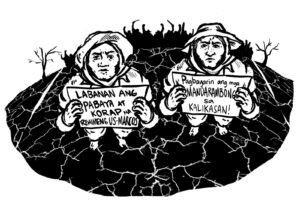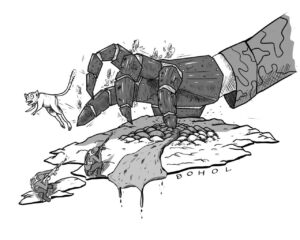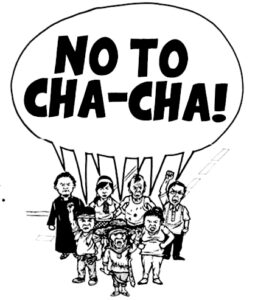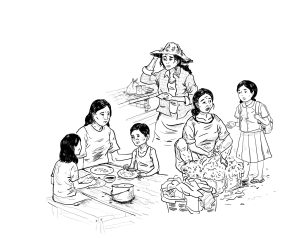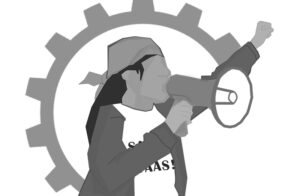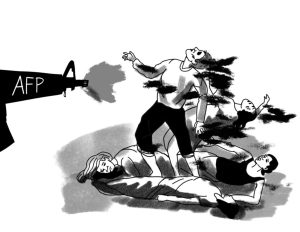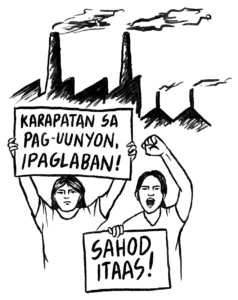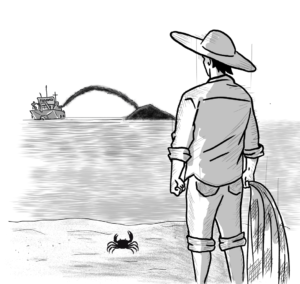Conwep, defenders of foreign capitalist

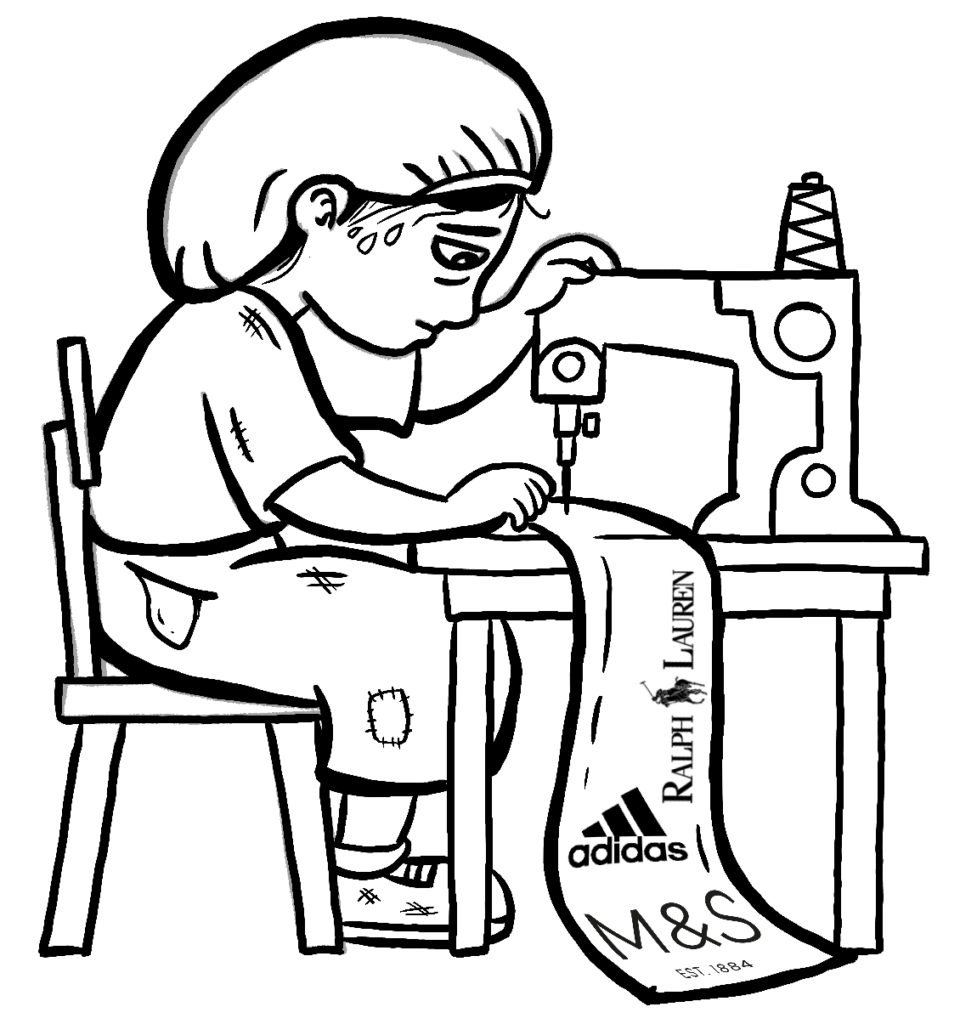
In a congressional hearing last February 29, the Confederation of Wearable Exporters of the Philippines (Conwep) threatened widespread layoffs in the garment industry if even the slightest increase in workers wages is approved. In its letter to the Marcos regime, it warned that up to 120,000 or 70%-80% of its 160,000 workers will lose their jobs if any increase is passed in the Senate and Congress. They will be on top of the 21,912 workers slated to be laid off this year due to “lower international demand.”
Conwep is an association of big capitalists specializing in the production of clothes for the biggest “global brands,” also called “high quality fashion.” These include Ralph Lauren, Coach, Michael Kors, Adidas, Dillard’s, Marks & Spencer and Ann Taylor. Its main export market is the United States, followed by European Union countries, the United Kingdom and Japan. The association is dominated by foreign companies, the smallest of which employs 1,000 workers. Two of the largest companies here operate 6-7 factories and employ 22,000-24,000 workers. These companies also have operations in other parts of Asia (Cambodia, Thailand and Vietnam). Before the pandemic, the industy employed up to 220,000 workers.
Majority of workers in the industry are women, relatively young, and are contractuals. In general, they are paid 17%-25% less than men.
Shrinking industry, intensifying exploitation
Since the 1990s, the Philippine garment industry’s share in the international clothing trade has been shrinking. By 2020, the country had only 200 factories for manufacturing clothing, 240 traders and more than 1,000 subcontractors. It employs more than 490,000 workers in various capacities, the majority or 69.4% of whom are women.
In 2020, Conwep used the Covid-19 pandemic to carry out mass layoffs, wage cuts and increased labor flexibility. It put thousands of workers on “floating status” while firing others outright. The worst layoffs were at factories under Taiwanese company Sports City International, the largest employer in the Mactan Export Processing Zone. Between 2020 and 2023, at least 12,000 workers lost their jobs as the company shifted operations to its factories in Vietnam. Conwep claimed that the layoffs were to “save jobs.” In reality, the retrenchments were done to maintain the company’s profit level at the expense of Filipino workers.
Like other companies in the enclaves, Conwep’s foreign capitalists enjoy unprecedented privileges and incentives. These include tax exemptions, duty-free entry of raw materials, access to modern infrastructure built with public funds, “flexible” labor, and subsidies for utilities (water and electricity) and rent. They also enjoy additional tax deductions under the CREATE law. The “no union, no strike” is observed within the enclaves, even if undeclared.
These foreigners are allowed to take all their profits out of the country without accountability in the Philippines. As they have done before, they arbitrarily closed down their Philippine factories, completely abandoning workers.
In 2023, Conwep recorded over $1 billion worth of exports. For 2024, the Foreign Buyers Association of the Philippines estimates that this will grow slightly by 2% or to $1.33 billion due to the entry of new orders.

